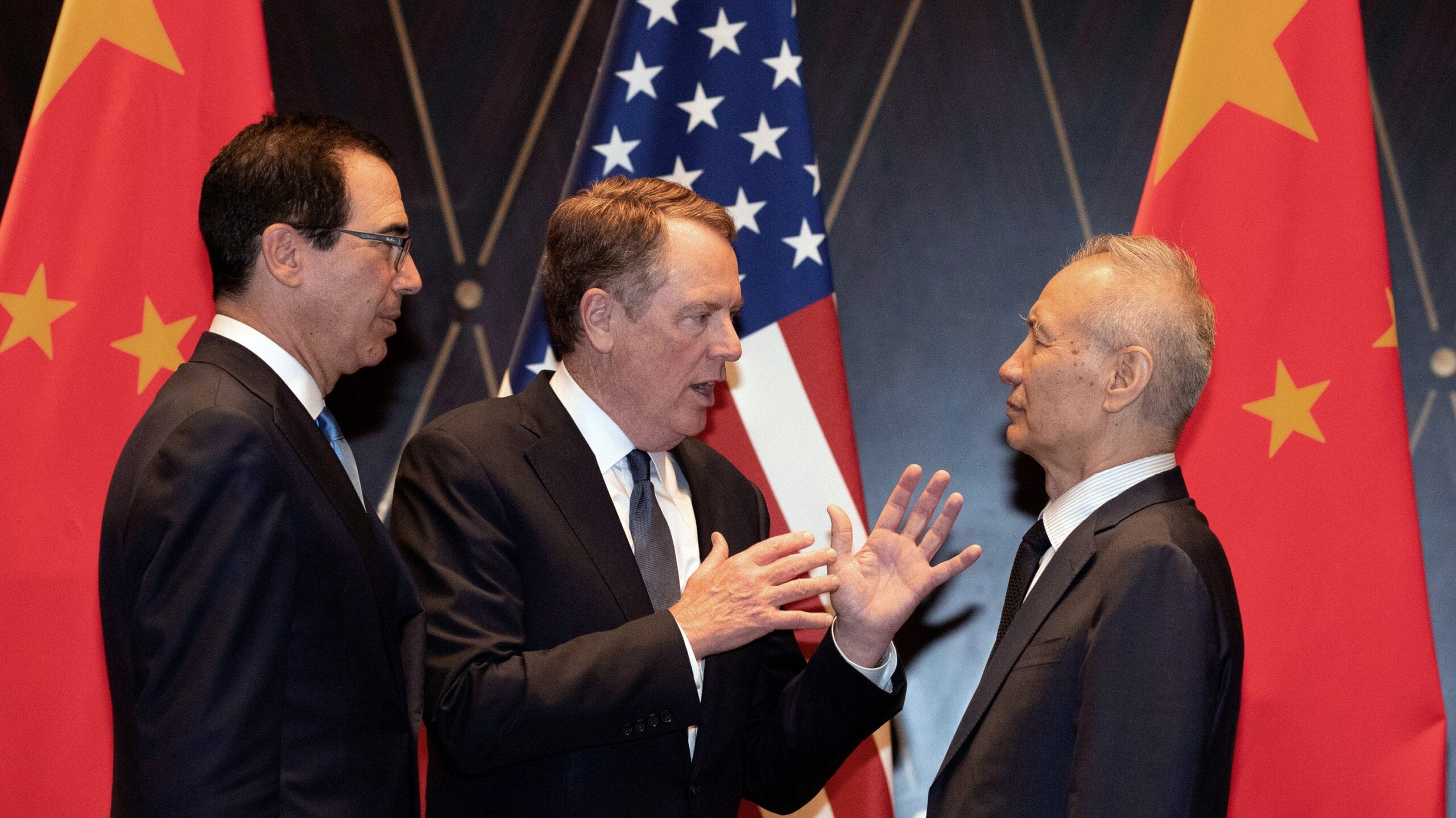In a notable development within the ongoing discourse surrounding immigration and employment in the United States, former President Donald Trump has publicly sided with Tesla and SpaceX CEO Elon Musk regarding the H-1B visa program. Trump’s remarks, which emphasize his long-standing support for the initiative, come at a time when the program is under scrutiny and debate.
The H-1B visa program, which allows U.S. companies to employ foreign workers in specialty occupations, has been a contentious topic in American politics. Advocates argue that it is essential for attracting global talent, particularly in fields such as technology and engineering. Critics, however, have raised concerns about the impact of the program on American jobs and wages, arguing that it can lead to the displacement of domestic workers.
Elon Musk, a prominent figure in the tech industry, has been a vocal supporter of the H-1B visa program, advocating for its importance in fostering innovation and maintaining the United States’ competitive edge in the global market. His companies, Tesla and SpaceX, heavily rely on skilled labor, which often includes foreign workers who possess specialized knowledge and expertise that may not be readily available in the domestic workforce.
In his recent comments, Trump reiterated his belief that the H-1B program is vital for the U.S. economy. He noted that the program plays a crucial role in enabling American companies to attract the best talent from around the world, thereby driving innovation and economic growth. Trump’s endorsement of Musk’s position reflects a broader recognition among some policymakers and business leaders of the need to balance immigration policies with the demands of the labor market.
Despite Trump’s historical stance on immigration, which has often leaned toward restriction, his support for the H-1B program underscores a nuanced approach to the issue. It highlights a recognition that skilled foreign workers contribute significantly to the success of American businesses and the economy as a whole. This perspective aligns with Musk’s advocacy for a more open immigration policy that allows for the entry of highly skilled individuals who can contribute to technological advancements and economic development.
The debate over the H-1B visa program is not new, and it has evolved over the years in response to changing economic conditions and labor market demands. Proponents of the program argue that it is essential for industries facing talent shortages, particularly in the STEM (science, technology, engineering, and mathematics) fields. They contend that the U.S. must remain competitive in a global economy where countries are increasingly vying for top talent.
Conversely, critics of the H-1B program have raised alarms about potential abuses and the need for reform. Some argue that the program has been exploited by companies seeking to reduce labor costs by hiring foreign workers at lower wages. As a result, calls for stricter regulations and oversight have emerged, with advocates for reform seeking to ensure that the program serves its intended purpose of filling genuine skill gaps in the labor market.
Trump’s recent comments may signal a potential shift in the conversation surrounding the H-1B visa program, particularly as the country navigates the complexities of immigration policy. His alignment with Musk, a figure known for his contributions to innovation and technology, may lend additional weight to the argument for maintaining a robust H-1B program that supports American businesses.
As the debate continues, it remains to be seen how this endorsement will influence policymakers and the broader public discourse on immigration. The intersection of immigration policy and economic growth will likely remain a focal point in future discussions, particularly as the U.S. seeks to recover from economic challenges and position itself as a leader in innovation.
In conclusion, Trump’s support for Elon Musk’s stance on the H-1B visa program highlights the importance of skilled foreign labor in the U.S. economy. As the conversation around immigration evolves, it will be crucial for policymakers to consider the implications of these discussions on the nation’s workforce and economic future.

